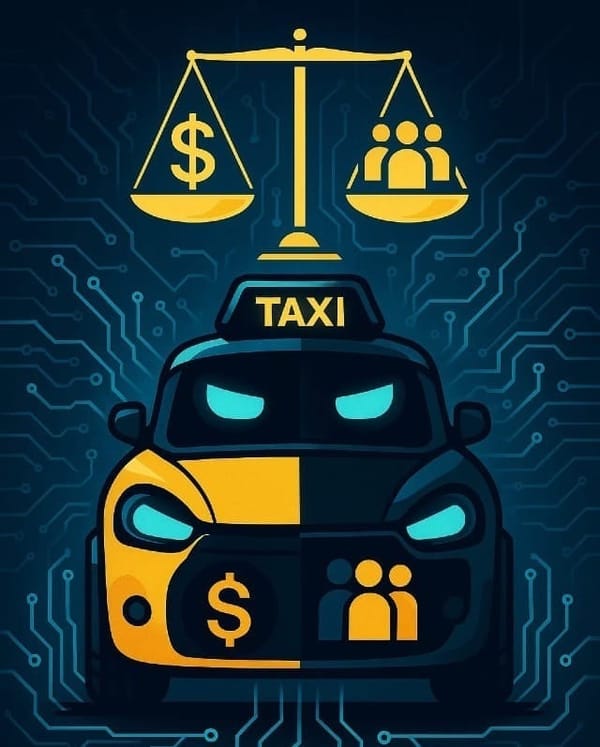Blockchain, Functional Sovereignty, and the Rise of Montelibero

Montelibero is a candidate response to the question of a new political formation for the third industrial revolution. Just as the United Provinces of the Northern Netherlands demonstrated a republican alternative to the feudal order, the Parliament of England opposed parliamentarism to absolute monarchy, and the separation of powers and the U.S. Constitution countered unitary governance models, Montelibero is emerging as a stem of a new extraterritorial contractual jurisdiction. For the first time, the boundary is drawn not along territorial-regional maps but within social reality itself. Tools such as the internet and blockchain have made this topical mapping possible.
Traditional conceptions of the international division of labor were closely tied to territorial control and diplomatic recognition of states. However, the emergence of the internet and blockchain technologies has created preconditions for a new structure of the global economy based on functional sovereignty. Unlike the classical approach, in which states acted as monopoly arbitrators and notaries of property rights, modern technologies create opportunities for a more objective and transparent system for recording property rights.
With the development of blockchain technologies and asset tokenization, it becomes possible to create neutral "notarial ledgers"—distributed registers that record and verify property rights, economic obligations, and contractual relationships outside traditional national institutions. Such a system significantly reduces transaction costs, increases transparency, and boosts trust among participants in international economic cooperation. Blockchain thus becomes a kind of "property-rights notary" capable of certifying complex rights and obligations globally, independent of national borders and political influence.
Traditional ideas about sovereignty are tied to territory and diplomatic recognition, yet modern technologies enable functional sovereignty based on collective action and self-governance without requiring state permission. The internet and blockchains make scalable resource management, identity protection, and the creation of independent economic systems possible. Instead of competing with nation-states, network sovereignties operate in parallel, establishing new forms of coordination that do not require physical territorial control.
The legitimacy of such communities is earned not through violence or diplomatic arrangements but by creating genuine value for their participants. When people voluntarily unite to manage resources collectively, they create sustainable systems that ensure local autonomy.

